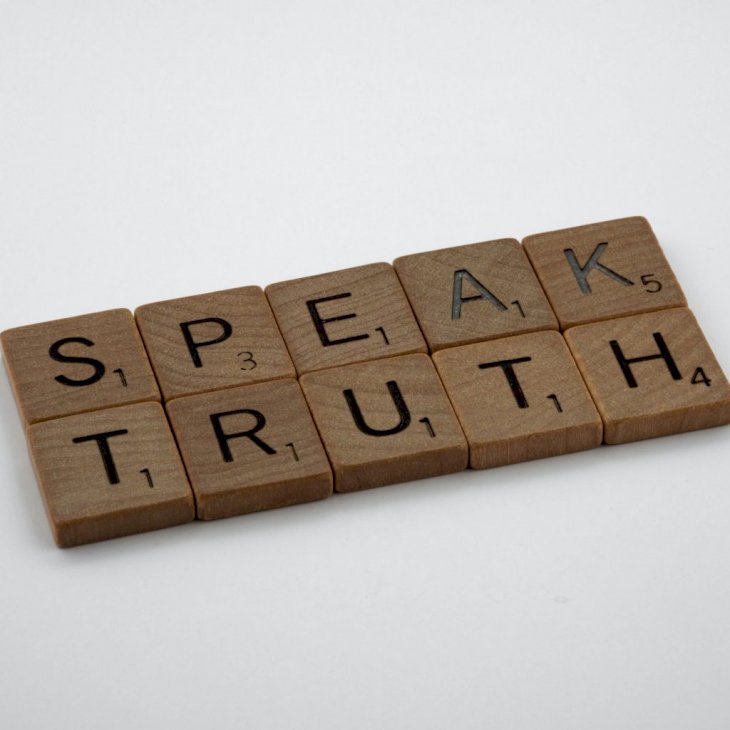
A Guide To Handling Conflict In Friendships
Sometimes we might run away from the conflict. But it’s necessary to face it.
There’s a myriad of advice and tips available to handling conflict in a romantic relationship, whether it’s talking to a friend, reading a book, or even watching a movie. But when it comes to insightful tips on navigating issues and turmoil in a friendship, there is almost anything.
Some of us tend to run away from facing some hardship in life, and turning our backs to it may seem to be the easiest way to solve it. But is it the right approach in the long run?

Photo by Kate Kalvach on Unsplash
My girl friends are like family to me. During the most challenging moments of my life, they were there for me. And to be honest, if it weren’t for them, life would be so much harder.
But like everything in this life, eventually, we get into an argument. But that’s normal; in fact, it’s actually healthy. There’s no such thing as a perfect relationship, whether it’s a romantic one, family, or friendship.

Photo by Markus Spiske on Unsplash
Communication is the basis of all human interactions, and when there’s a conflict of interest or expectation, it’s providential to address that. I learned some basic rules when it comes to mediate conflict in my friendships.
Don’t Make Assumptions

Photo by Jeremy Perkins on Unsplash
Based on the long tradition of the Toltecs, the book The Four Agreements is a personal guide on how to manage conflict and for personal growth. One of the agreements is “don’t make assumptions.”
Whatever has happened between you and your friend, don’t make any assumptions—understanding that other people might have different motivations for their actions before jumping to conclusions.
Reflect Upon It

Photo by Anthony Tran on Unsplash
Before making any decisions, reflect upon your situation. You don’t need to ruminate it but ask yourself if it’s truly something that should be addressed. Dr. Jaime Zuckerman, a licensed clinical psychologist, said that if it’s something in your mind more than three times a day, it’s worth exploring.
Think about both sides of the situation (remember, don’t make any assumptions), listen to your intuition and see what’s the best decision for both of you.
Reach Out Your Friend

Photo by Adem AY on Unsplash
Tell your friend you’d like to talk to them but always using a friendly, neutral, and smooth tone. If your friend has done something to you and you’re angry, try and turn that around and ask them when it’s the best time to sit down and chat about it.
Be Honest

Photo by Brett Jordan on Unsplash
Now it’s time to talk. Be honest with your friend without being aggressive. Express your truth, share your feelings, then give them the space to talk and reflect upon it.
If your friend can’t buy into your perspective, go within and see if your approach is as honest and objective as it should be. Remember, it takes two to make it work, so maybe you should consider working towards compromises if both sides are OK with that.